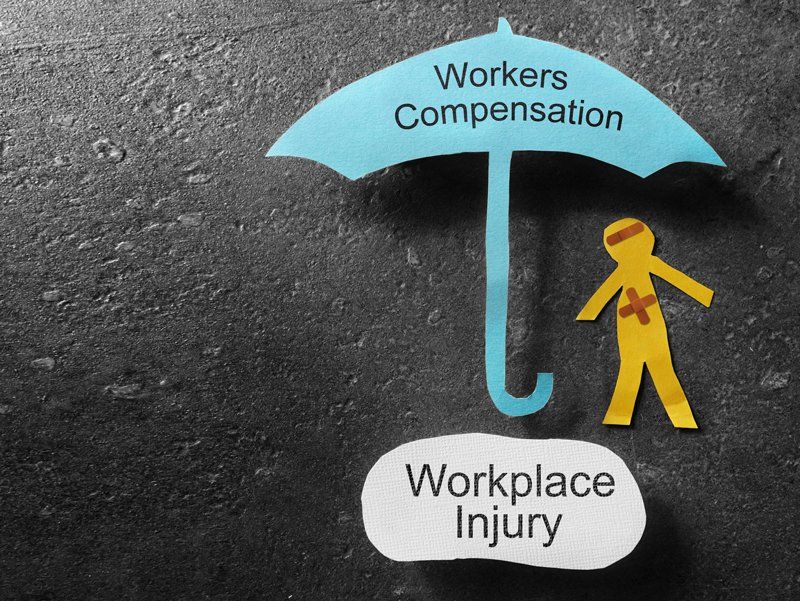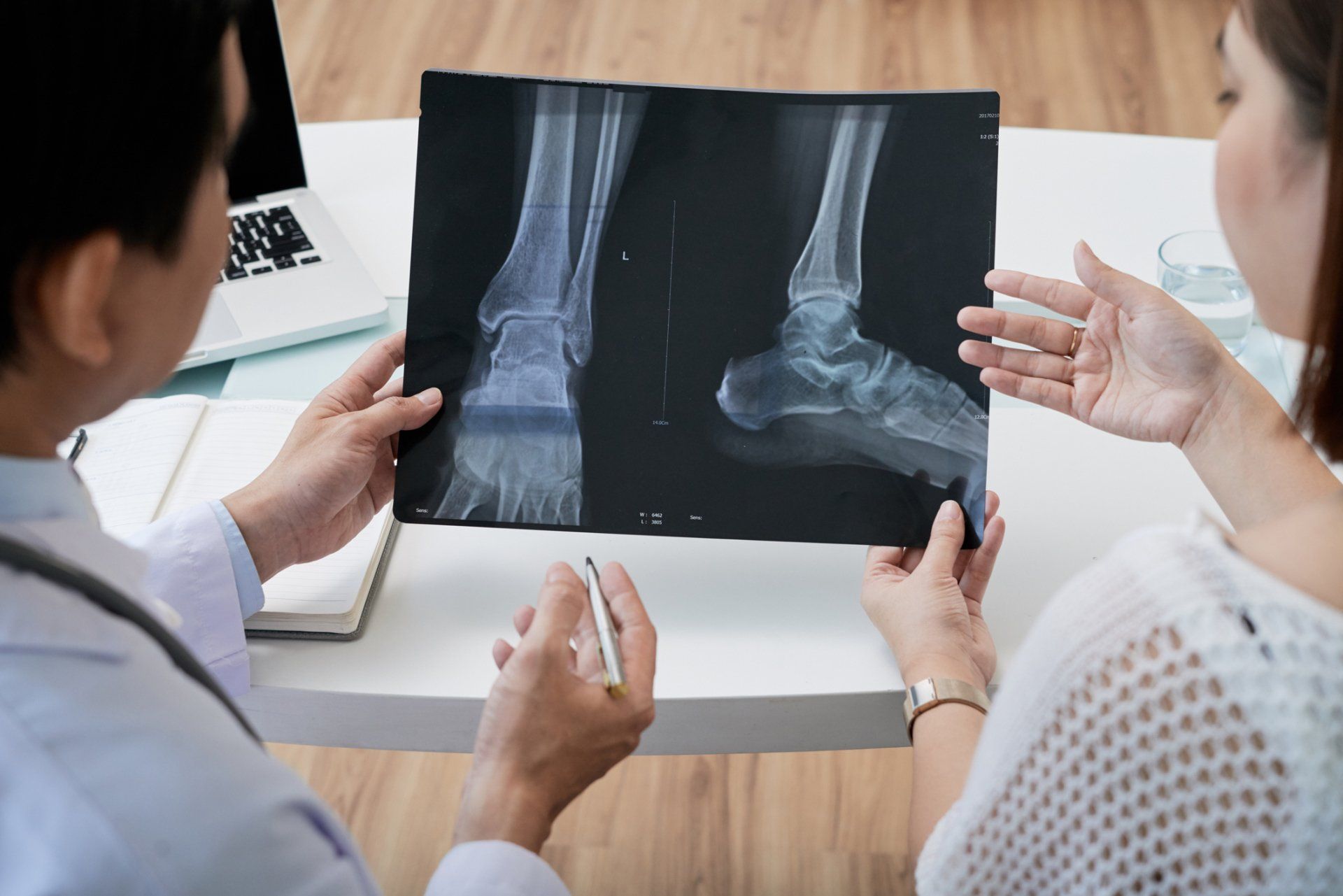Product Chemical Burns: Determining Liability
- By Dodson Robert Atty
- •
- 30 Oct, 2018
- •

Products that seem harmless can be made with ingredients that can lead to serious injuries. Some of these ingredients can be corrosive and can lead to both physical and emotional damage. When you have suffered an injury because of a product, you must find out who is responsible for your injury to determine if you deserve compensation.
You Need to Know the Consequences of Chemical Burns
Many products can cause chemical burns:
- Denture cleaners
- Bleach
- Ammonia
- Battery acid
- Pool products
While anyone can suffer from a chemical burn, the most vulnerable are children, the elderly, and the disabled. In addition to the pain and tissue damage chemical burns cause, you may suffer from cardiac arrest or a seizure. After you have treated your chemical burns, you must find out who is responsible for your injuries.
The Law Can Hold You Responsible for Your Chemical Burns
Some products will cause injury if used improperly. For example, some cleaning chemicals will cause skin injuries if the chemicals are not diluted. For this reason, you must always follow the directions when using a product. If you don't follow directions and this leads to a chemical burn, the law may find you responsible for your own injuries.
If you didn't have a warning about the corrosive nature of the product, the law may only find you partially at fault. For example, you may not know that a product will leak battery acid when subject to high temperatures and that the acid may burn your skin.
You May Deserve Compensation Even While At Fault
In some cases, even if you had warning about the corrosive nature of the product, the manufacturer or designer may be required to compensate you. If a product is unreasonably dangerous and a much safer way existed to manufacture the product, you may be able to sue for compensation. Then, you must determine the damages you have suffered.
Chemical Burns Can Cause a Range of Damages
Corrosive products can cause injuries that can lead to expensive medical bills. You may be temporarily out of work, or the burn might cause you to become disfigured and unable to work in the long-term. Eye exposure to corrosive chemicals can easily cause blindness. You may also deserve compensation for pain and suffering.
Many Potential Defendants Exist With Product Liability Cases
One of the challenges of suing a company for a product-related chemical burn is determining whom to sue. Multiple firms can be involved in a product's creation, and they each might hold partial fault. The manufacturer may have created the whole product or may have created a single part. In some cases, you may sue both the manufacturer of the defective part and the manufacturer of the whole part.
You may sue the retailer regardless of whether you purchased the product yourself. Even if the product was a gift or you received an injury when someone else used the product, you may still sue the retailer. If you purchased a defective used product, you may not only sue the retailer but may also sue the supplier depending on the type of defect.
Don't Use a Defective Product Knowingly
If you knew a product was defective but continued to use it anyway, the product manufacturer may use this as a defense. As a result, you should always seek a refund for a defective product once you have discovered the defect.
Regardless of the circumstances, you should speak with the Law Offices of Robert Dodson, P.A. before you sue anyone involved in the manufacturing of the product responsible for your chemical burns. We will help you through the difficult process of proving liability if you sustained an injury.
In the case of a work-related fatality, an employee's dependents are entitled to death benefits. See an overview of death benefits in South Carolina.
Did you lose a loved one due to someone's negligence? Discover two types of lawsuits you can file:wrongful death or survival cause of action.
If your life has changed due to the carelessness of a drunk driver, you are not alone. Read on to learn more about the costs of drunk driving.
South Carolina has a system in place to help those who have work-related injuries. See this brief guide to the state's workers' compensation program.






